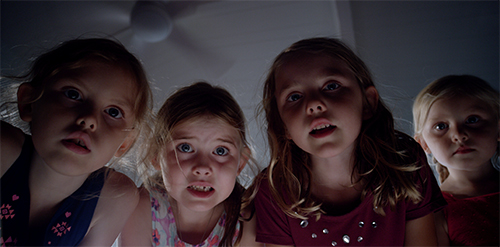
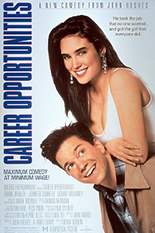 While many people look to 1990’s Home Alone as the height of John Hughes’ Hollywood power, I look to the next year, filled with unsung flicks like Only the Lonely, Dutch and, at the top of my list, Career Opportunities, directed by TV’s Bryan Gordon; don’t worry, I haven’t heard of him, either.
While many people look to 1990’s Home Alone as the height of John Hughes’ Hollywood power, I look to the next year, filled with unsung flicks like Only the Lonely, Dutch and, at the top of my list, Career Opportunities, directed by TV’s Bryan Gordon; don’t worry, I haven’t heard of him, either.
The ultimate hipster by today’s standards, Jim Dodge (Frank Whaley) is the ultimate loser: Although over 21 years of age, he lives as home, is the town liar and, worse, starts a job at Target as the overnight janitor. As expected in these studies of arrested development, he goofs off at work, mostly by roller-skating in his boxers while wearing a wedding veil.
This all changes when he meets the alarmingly beautiful Josie (the alarmingly beautiful Jennifer Connelly), an emotionally impoverished rich girl who, apparently, fell asleep in the dressing rooms. Against all rhyme and reason, they fall in love. (Hey, it was the ’90s.)
The movie kind of falls apart in the third act when we’re introduced to two redneck crooks who are there to rob (?) the Target. As annoying as that might be for those who missed the pristine Hughes of the ’80s, it’s easy to forget the coasting Hughes of the ’90s, when comical crooks were a must.
Regardless, I’ve always loved this movie; even though it proved to be a Home Alone for the Gen X crowd that, obviously, had no time for it. Still, much of it worked, mostly due to the likable presence of Connelly and the sheer hope that, if I worked at Target, too, maybe I’d meet a girl like her.
Sadly, I worked at the local library instead, missing my chance. —Louis Fowler

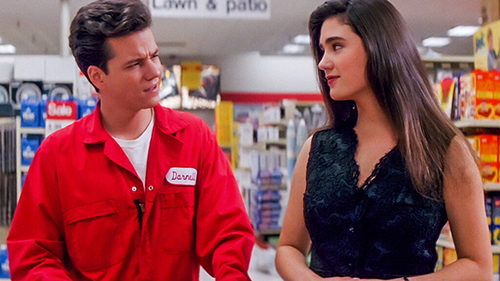

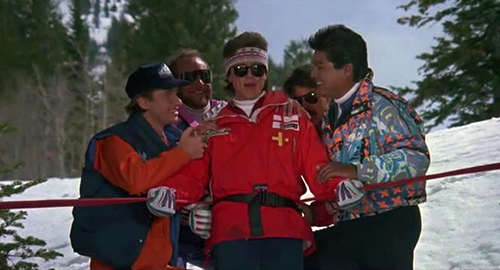
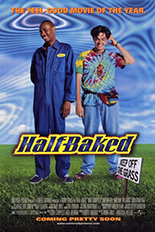
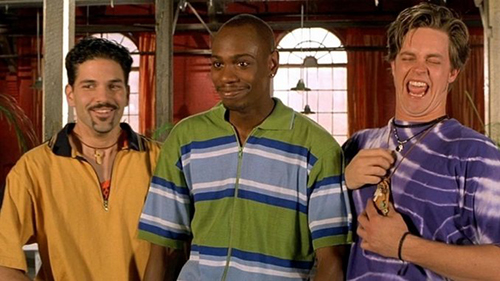

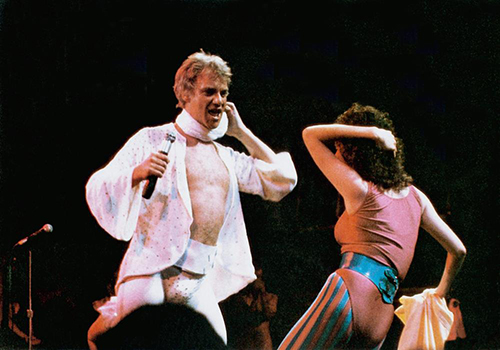
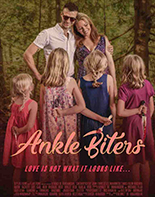 Sean Chase is dead. As played by
Sean Chase is dead. As played by 